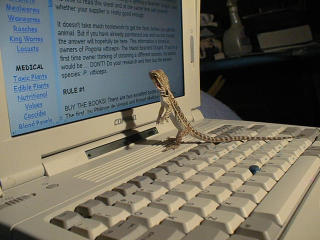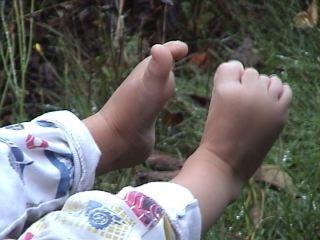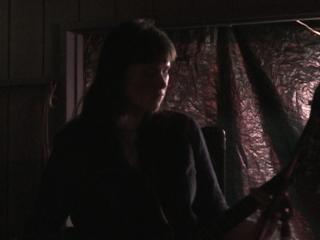To the West ...
... lies Vashon Island. I read this yesterday in the Seattle Times:
"Though it's just a few minutes from Seattle, Vashon Island has always remained a community apart, rural and artsy. Now an environmental-research group is proposing that the island further separate itself by producing all its own energy."
The full article is here.
First of all, I must note the curious way the author worded this opening - stating that the group is "proposing that the island further separate itself" etc. As if that's the primary objective of a community that wants to produce its own energy! It's an uphill battle for environmentalists, to be seen as something other than radicals.
Anyway, it has given me a pleasant boost of hope. From attending Earthfair on the island a couple of times and knowing a few folks who live there, I am aware that a sizeable number of Vashon residents are working toward sustainable living.
I remember a big hoopla last year when some city official said that Seattle was like "Mayberry with high rises." She got a lot of flack for this - people were insulted, though I failed to understand exactly why. On the radio, I heard her explain what she meant - that the city is filled with neighborhoods that function like small towns. Naturally we have our big city problems, but there is truth to this notion. West Seattle, Queen Anne, Capitol Hill, Ravenna ... these neighborhoods have a tangible sense of community and inclusion. If Vashon provides an example of a successful community effort toward energy conservation and sustainability, this may inspire other neighborhoods to begin the process. It's not unthinkable. If it is a clearly attainable goal, perhaps it will become commonplace, and then mandatory, and towns and cities across the state and the region will receive subsidies from the government, and jobs will be created in the renewable energy field ... ah, the possibilities. But we need a few more progressives a little higher up. Until we can crash the whole damn system, please remember to vote.
The "think tank" behind this Vashon idea is The Institute for Environmental Research and Education. On their website they provide a "10 Year Plan for Energy Independent Communities." Now THAT's what I'm talking about!! Here's a little of what they say about it:
"The question arises whether it is possible to provide a high standard of living to all without causing environmental devastation, and if so, how to accomplish that. We believe that the key to accomplishing that goal is to have communities take charge of their energy future, making best use of the renewable energy available locally. We call this concept Energy Independent Communities.
The work you see here is based on using Vashon Island as a demonstration of that concept, and extracting lessons for the whole world. The Pacific Northwest Economic Region has recognized these efforts by naming Vashon-Maury Island its first demonstration sustainable community."
Sweet.





